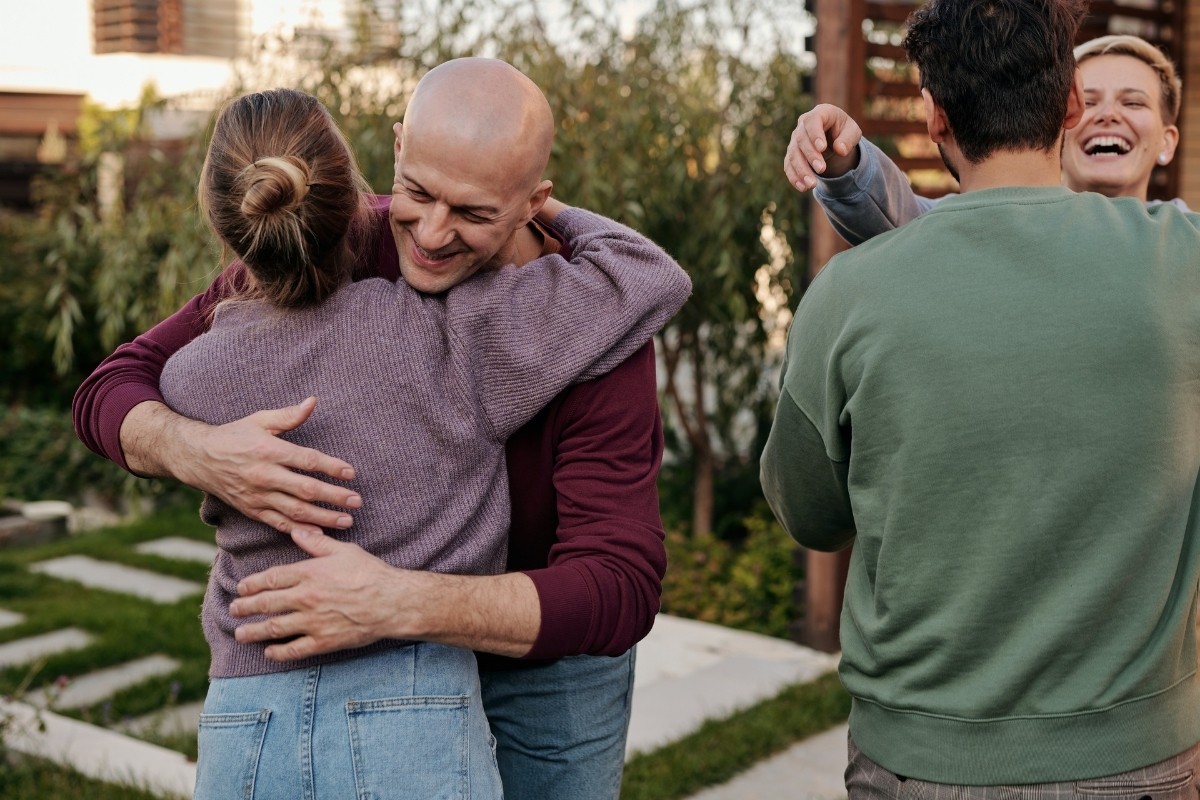
Among the different challenges that one can face throughout their life, an addiction problem is often unparalleled in terms of difficulty because of its complexity. This is even more evident when it comes to dealing with a loved one that is suffering from this condition.
If you’ve ever dealt with a loved one struggling with addiction, then you probably understand that the road to recovery is not a straight line. Whether it’s alcoholism, drug abuse, or other addictions, helping a special person in your life overcome this hurdle is just as difficult as it is to watch everything unfold.
However, after trying to initiate so many heart-to-hearts or encouraging talks, you may realize that there are some cases where regular conversations are no longer enough for the addiction recovery process.
A Solution Worth Considering
Although it may seem like a one-on-one conversation may have been the most promising solution at first, the truth is that a simple sit-down rarely makes a difference because sufferers struggle to see what’s happening. Yet, through the help of a full-scale intervention, you can increase your chances of helping a loved one begin the journey to get back on their feet.
What Is an Intervention?
An intervention is a carefully-planned meeting initiated by a group of family and friends to confront a loved one that is suffering from an addiction. Compared to other types of methods, interventions are far more effective for initiating addiction recovery because they are thoroughly planned. You can also consult with experienced professionals to help the process. With the guidance of a licensed alcohol and drug counselor, an intervention be carried out more methodically and productively.
Steps for Staging an Intervention
When it comes to planning an intervention for your struggling loved one, it pays to know the different steps that you’ll need to take during the planning process. Although there are many ways to approach the task at hand, we recommend following this step-by-step addiction recovery guide based on the recommendations of the American Treatment Network’s experts:
Step 1: Form Your Group
Reach out to friends and family of your loved one to see if they are able and willing to participate in the intervention. This will take some effort on their part so make sure to select those who will follow through.
Step 2: Research and Prepare
Meet with your group to help research the recovery process as well as information about local substance abuse treatment options. It helps to have an idea of the extent of your loved one’s addiction to help select the right treatment option. Some or all members of the group should also write impact statements, which are personal statements about how the loved one’s addictive behavior has impacted or hurt them.
Step 3: Set Goals and Boundaries
Your group should also discuss what the end-goal is for the intervention. Typically, it is to get the loved one enrolled into a substance abuse program. Your group should also identify ways that their own behavior could be enabling their loved one’s continued addiction. Everyone in the group should commit to ending codependency and enabling behaviors.
Step 4: Set the Date
Now that your group is ready, choose the time, day, and location for the intervention that works for everyone. You should also create an agenda. An intervention can be an emotionally charged situation, so having an agenda can help things flow more smoothly.
Step 5: Final Rehearsal
Your group can arrive early to the intervention to rehearse their personal statements and discuss any last-minute thoughts or concerns. It also helps to build a feeling of mutual support and commitment.
Step 6: Hold Your Intervention
By approaching your loved one from a place of love and concern when presenting your personal statements, you increase your chances that your message will be heard. It also helps if people in the group offer their support, whether that is emotional support, or willingness to provide rides or attend therapy with the person.
If your loved one accepts the help, make the call right then to start the process. However, keep in mind that ultimately, your loved one may choose to not accept your help. If this is the case, you must still hold your resolve to no longer enable their behavior, and communicate to them your intention to no longer do so.
Step 7: Follow Through
If your loved one has accepted your help, it’s time to follow through on your offer. Help them get to their meetings and provide the emotional support you promised. If they did not accept it, hold fast to your resolve to no longer enable their behavior. If they see that you are dedicated to changing your behavior, it may eventually convince them to change theirs as well.
Bring in an Expert
Planning and coordinating an intervention is not easy. It requires much dedication, effort, and patience. Turning to the professionals for assistance during this time can help you plan your intervention more effectively and increase your chances of success. The experts at American Treatment Network can help. By contacting us with information about your loved one, and any information you have about the extent of their addiction, we can help you find the right treatment option and provide guidance on your intervention. Improve your loved one’s chances of recovery by contacting us today.


